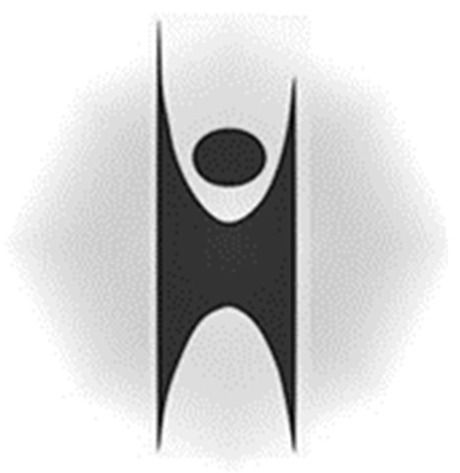Manifesto on the Future of Humanism launched
- David Warden

- Jan 31, 2023
- 2 min read
A new 'Manifesto on the Future of Humanism' is published exclusively for our readers in this month's edition of Humanistically Speaking. The Manifesto is the outcome of several months' work by the Future of Humanism Group.
The Future of Humanism Group was established in the summer of 2022 by a number of engaged and concerned local humanists. It aims to stimulate debate throughout the humanist community in the UK and elsewhere about how people of goodwill can live ‘happier, more confident, and more ethical lives’ — and endeavour to be ‘good ancestors’ to future generations — in today’s increasingly polarised and turbulent world.
The group recognises the important work that humanist organisations around the world have been doing to:
fight for the acceptance of humanists in countries where they face persecution;
campaign for secularism (separation of religion and state); and
promote humanism as a satisfying and fulfilling life stance.
But they question whether this is sufficient, given the unprecedented challenges humanity now faces as a result of rapid technological advance, the degradation and destruction of important ecosystems, and the climate emergency.

A 'fourth stage' of humanism
The group believes it is time for humanists to take a lead in articulating a coherent position on the existential threats that these developments pose to democracy and truth, and indeed to the viability of sentient life on Earth. This ‘fourth stage’ of humanism is implicit in the 2022 Declaration of Modern Humanism, which notes that humanists ‘feel a duty of care to all of humanity, including future generations, and beyond this to all sentient beings’, and the 2019 Reykjavik Declaration, which calls for ‘urgent action’ on the climate change crisis. It is also contained in Young Humanists Climate Action — a united front of young humanists around the world that 'seeks to mitigate the impact of climate change through information, education and communication campaigns'. And it is implicit in Dutch humanist Jaap van Praag’s distinction between the ‘little fight’ and the ‘great fight’. Jaap van Praag (1911-1981) played a major role in the founding of Humanists International. His ‘little fight’ refers to the legitimate but limited interests of humanists themselves, such as campaigning for a secular society; his ‘great fight’ refers to the universal challenges that humanists believe they should grapple with for the benefit of all people.
"The initiative also addresses the lack of opportunity within humanist organisations for members and supporters to get involved in the development and prioritisation of activities and campaigns."
In their Manifesto, the group suggests that priorities be reviewed and new partnerships sought with issue specialists so that a coherent humanist position can be formulated on a range of pressing issues and concerns including misinformation, artificial intelligence, the climate crisis, intergenerational fairness, and growing inequality. Their initiative also hopes to address the lack of opportunity within humanist organisations for members and supporters to get involved in the development and prioritisation of activities and campaigns.
We'd love to hear what our readers think about the Manifesto so please write to us at humanistically.speaking@gmail.com copying in mike@criticalinformation.org.uk





"If you don't believe in a God you don't care about humanity/the meaning of life/understand compassion/have values". Having regularly, throughout life encountered this attitude, I strongly believe that it is totally relevant that the Humanist stance on worldwide critical issues is promoted. Climate change, AI and Information safety/Fake news are priorities in this respect.
Well an interesting read on the manifesto, and as you are actively seeking and value feedback, I'll give you some. ■ I like the idea of having a Humanist manifesto. I feel it is helpful having a one sheet summary of where Humanists stand on their aims, ideals, visions and targets. I accept not all Humanists sit on the same bench, but feel a majority voice and position is valid. ■ I also accept that humanism is very much a "I'm here" position, as opposed to "we're headed…" as a sense of direction. I also hold value in the existence of a "Future of Humanism" task group, conference panel, position paper and future visionary perspective. ■ I do not feel that there…